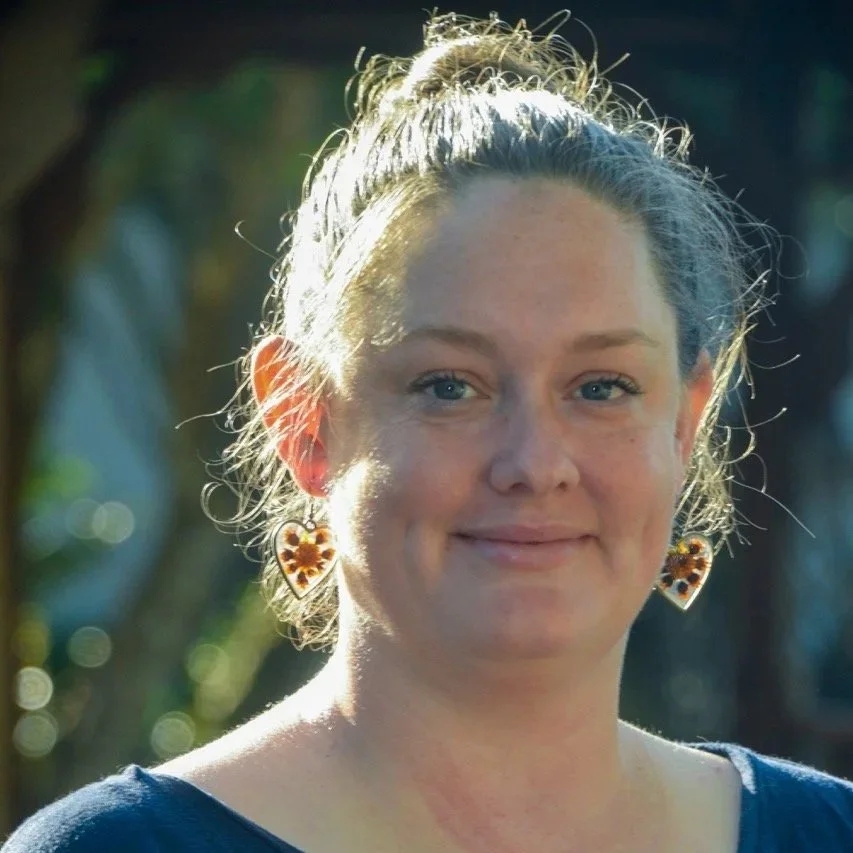
Working Groups
Coming together is a beginning; keeping together is progress; working together is success.
The Working Group topics were determined by the 2024 Homegrown Hillsborough membership and will remain until October 2026.
Definitions, priorities, and goals were determined by the voting membership during their first few meetings.
What can you expect from your working group leaders?
Economic Development Working Group
-

Nichole Dube
Co-Chair
-

Elizabeth Roman
Co-Chair
Definition:
The Economic Development Working Group aims to help the network grow through cross-sector collaboration and enhance quality of life for Hillsborough County Residents.
Priorities:
Their priorities are focused on infrastructure and business development with things like equipment (cold storage, pallet jacks, etc.), buildings, distribution channels, and vehicles included under infrastructure; for business development, their focus is on profit growth, product offering expansion, job creation, and marketing.
Goals:
Their goals are to identify and connect with 20 Homegrown Hillsborough Partners that produce food that are interested in participating in tracking and increasing sales by 20%. Within those partners, they seek to identify 5 local retail outlets/restaurants to pilot a hyper-local supply chain with at least 1 in the East Tampa CRA.
Food Access Working Group
-

Regina Polite
Co-Chair
-

Michelle Urena
Co-Chair
Definition:
The Food Access Working Group is a group that aims to improve food access through increasing reliability, affordability, and familiar foods within the community.
Priorities:
Their priorities include food literacy through, strengthening partnerships, and advocacy. Food literacy includes a focus on improving nutrition, cooking classes, and culturally appropriate/familiar foods in the community, strengthening partnerships by increasing capacity at food access points, and advocating for education and removing barriers to access.
Goals:
They have several goals, starting with identifying a champion for the Healthy Neighborhood Store Initiative. They also seek to support the Healthy Neighborhood Store Initiative by providing resources, opportunities, partnering with community gardens for affordable fresh food and conduct cooking classes for nutritional and culturally appropriate foods. By October 2026, they would like to identify a Neighborhood Store that is within a “Low Income, Low Access” area within the city of Tampa, identify 4 produce partners to supply local produce to Neighborhood Store, and host 4 cooking classes at or within 0.5 miles of an identified neighborhood store.
Food Production Working Group
-

Dee Morales
Co-Chair
-

Georgea Snyder
Co-Chair
Definition:
The Food Production Working Group aims to help local producers to overcome challenges, making it easier to grow and sell food in our community.
Priorities:
Their priority areas are education for farmers and consumers, and career training/transition to the workforce. Education has two different sides, the first being internal for producers such as business management with items like marketing, funding, revenue streams, infrastructure and labor, distribution, profitability, policy as well as external to purchasers, via learning what is available, and the true value/cost of locally grown food.
Goals:
Their goal is to establish a cooperative community infrastructure and resources for food producers. By January 2026 they would like to identify 5 partner organizations and their resources worth $1,000 total in value for food production, develop the application process for utilizing the library, determine software where the library will be hosted, and develop a check-out/library system to track inventory and borrowing (touch points, number of times checked out, total “value” of tool/time borrowed).
Then, by March 2026, they would like to implement 2 in-person educational programs tailored to current or future producers in Hillsborough County. Each program must cover at least two of the following topics: marketing, funding, revenue streams, infrastructure and labor, distribution, profitability, policy navigation.


